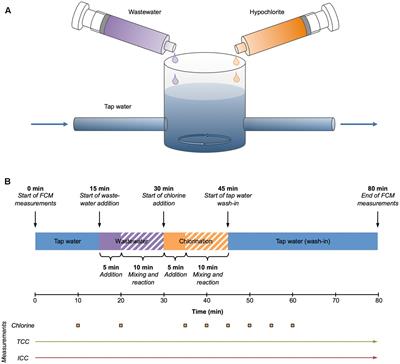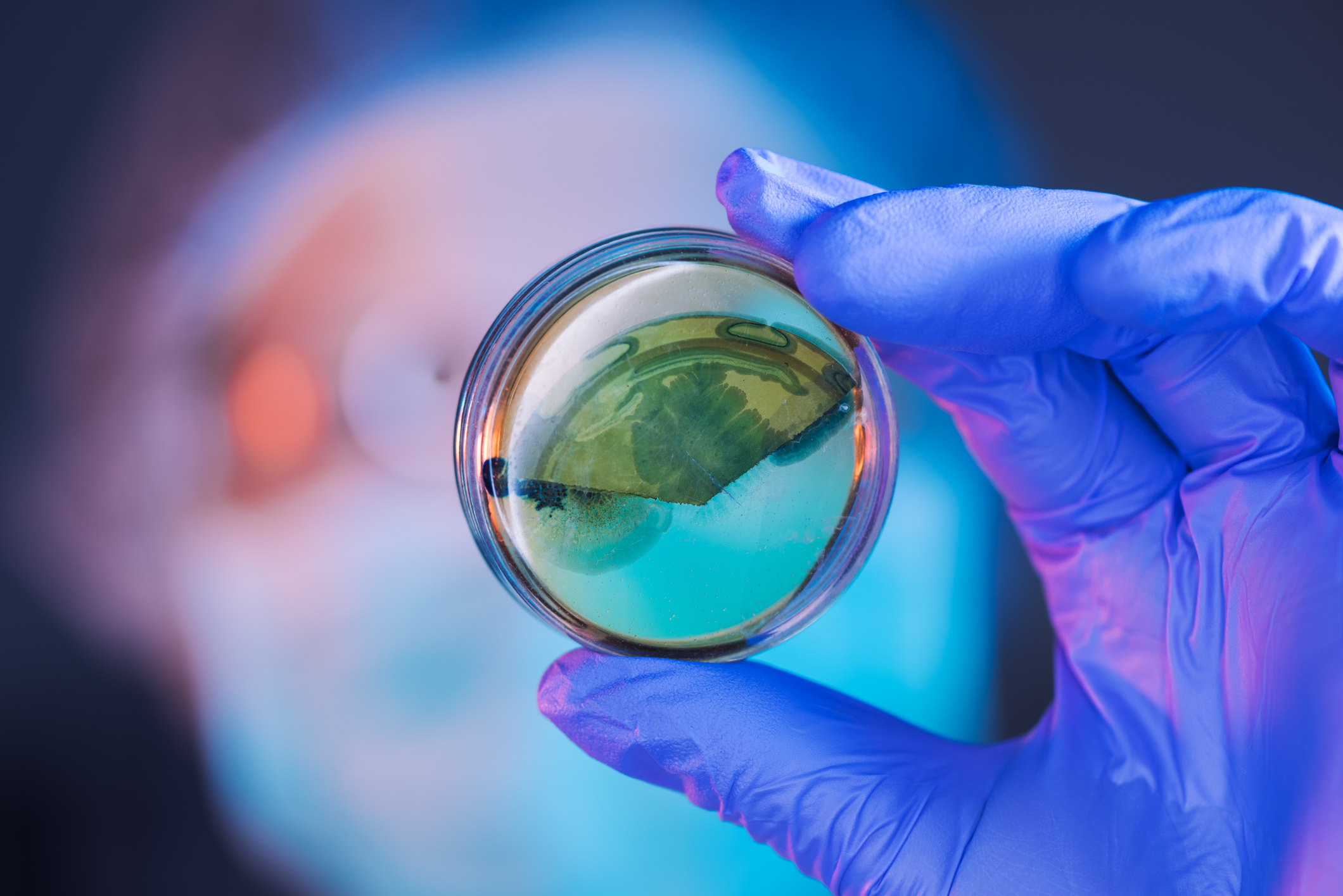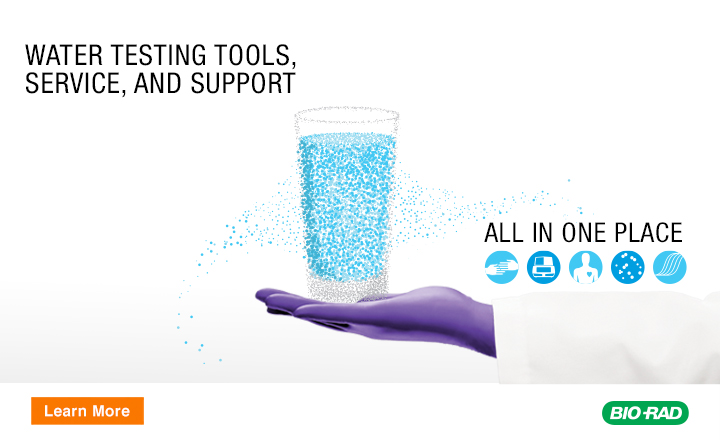The 10-Minute Rule for Bacteria Testing
Wiki Article
The Only Guide to Bacteria Testing
Table of ContentsNot known Details About Bacteria Testing How Bacteria Testing can Save You Time, Stress, and Money.7 Easy Facts About Bacteria Testing DescribedThe Best Guide To Bacteria TestingUnknown Facts About Bacteria TestingThe Greatest Guide To Bacteria Testing
Coliforms are bacteria that are constantly existing in the digestive tracts of animals, consisting of human beings, and are found in their wastes - Bacteria Testing. They are also discovered in plant and dirt material. Water air pollution brought on by fecal contamination is a significant trouble because of the possibility for having illness from microorganisms (diseasecausing microorganisms)
Overall coliform counts give a general indication of the hygienic condition of a water. consist of germs that are found in the soil, in water that has been influenced by surface area water, and in human or animal waste. are the team of the complete coliforms that are taken into consideration to be existing especially in the gut and feces of warm-blooded pets.
All About Bacteria Testing

Current outbreaks of disease triggered by E. coli 0157: H7 have produced much public worry concerning this microorganism. E. coli 0157: H7 has actually been discovered in livestock, poultries, pigs, and sheep.
Checking for germs is the only trustworthy method to understand if your water is risk-free. You can not tell by the look, preference, or scent of the water if disease-causing microorganisms are in it.
Rumored Buzz on Bacteria Testing

Complete coliforms can come from resources other than fecal matter, a positive overall coliform example must be taken into consideration an indication of contamination go to the website in your well. Favorable fecal coliform outcomes, specifically positive E. Coli results, need to be considered indicator of fecal contamination in your well. When coliforms have been identified, repairs or modifications of the water supply might be called for.
A malfunctioning well is usually the cause when coliform bacteria are found in well water. - seals around wires, pipelines, and where the cap fulfills the case may be broken, allowing impurities - splits or openings in the well casing permit water that has actually not been infiltrated the dirt to enter the well.
An Unbiased View of Bacteria Testing
The U. S. Environmental Protection Company (EPA) requires public water supply to consistently check water for total coliform microorganisms and E. coli. Safe drinking water does not have E (Bacteria Testing). coli or various other pathogens in it. Below are some suggestions on just how to avoid and address coliform microorganisms contamination: Protect Your Well by creating it in a safe official statement areaYou are accountable for maintaining your well water secure and testing it as required. You can additionally call your area to see if they have any programs to make testing read this your water much easier.
Test your well water again after disinfection to verify there are no coliform germs. You can utilize the water once again, without steaming, when the well has been sanitized and the water no much longer examines favorable for coliform microorganisms (Bacteria Testing).
Excitement About Bacteria Testing
Your public water system is on a regular basis evaluated for coliform bacteria. The system will certainly issue a public notification within 24 hours if it spots E. coli.
You can locate the coliform germs test results for the systems serving places aside from where you obey calling the water system.
The National Ground Water Organization (NGWA) recommends well owners test their water a minimum of annually for germs, nitrates, and any pollutants of local worry. More regular screening ought to be thought about if: There is a modification in the preference, smell, or appearance of the well water, or if an issue takes place such as a broken well cap, inundation by floodwaters, or a brand-new contamination resource The well has a history of microbial contamination The septic system has lately malfunctioned Relative or house guests have recurrent occurrences of stomach disease An infant is staying in the home, or To keep an eye on the performance and performance of home water treatment devices.
Unknown Facts About Bacteria Testing
Extra tests may be recommended if water appears cloudy or oily, if bacterial development shows up on components, or water therapy gadgets are not working as they should. Consult your water well professional, state department of natural deposits, or neighborhood wellness division for info on regional water quality issues.Evaluate your water at least 2 times a year. Call a public health assessor to see what's best for your water supply. Coliforms are a team of germs that are practically everywhere. They remain in dirt, plants, sewer, and manure. E. coli are germs that people and some pets have in their intestinal tracts.Report this wiki page